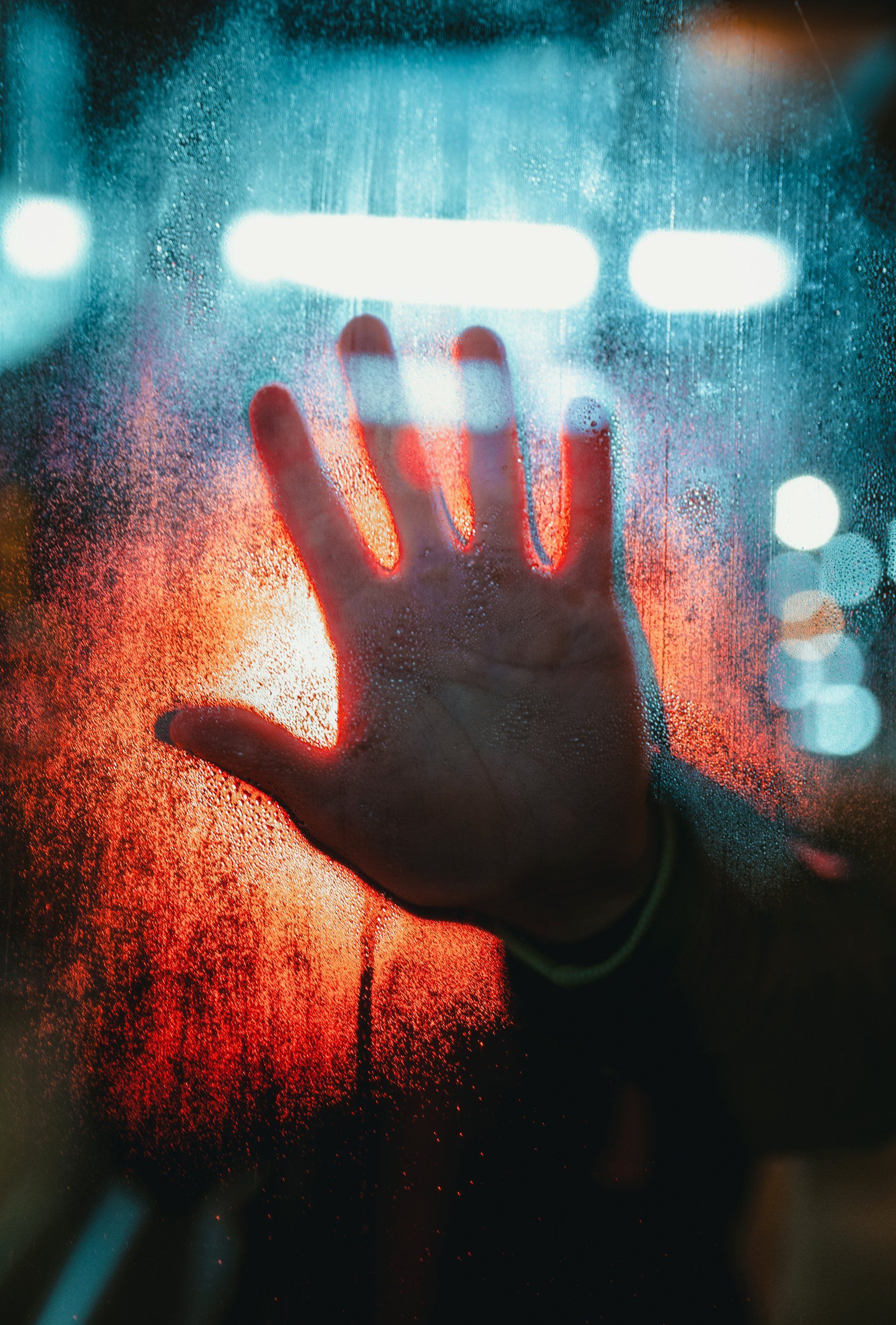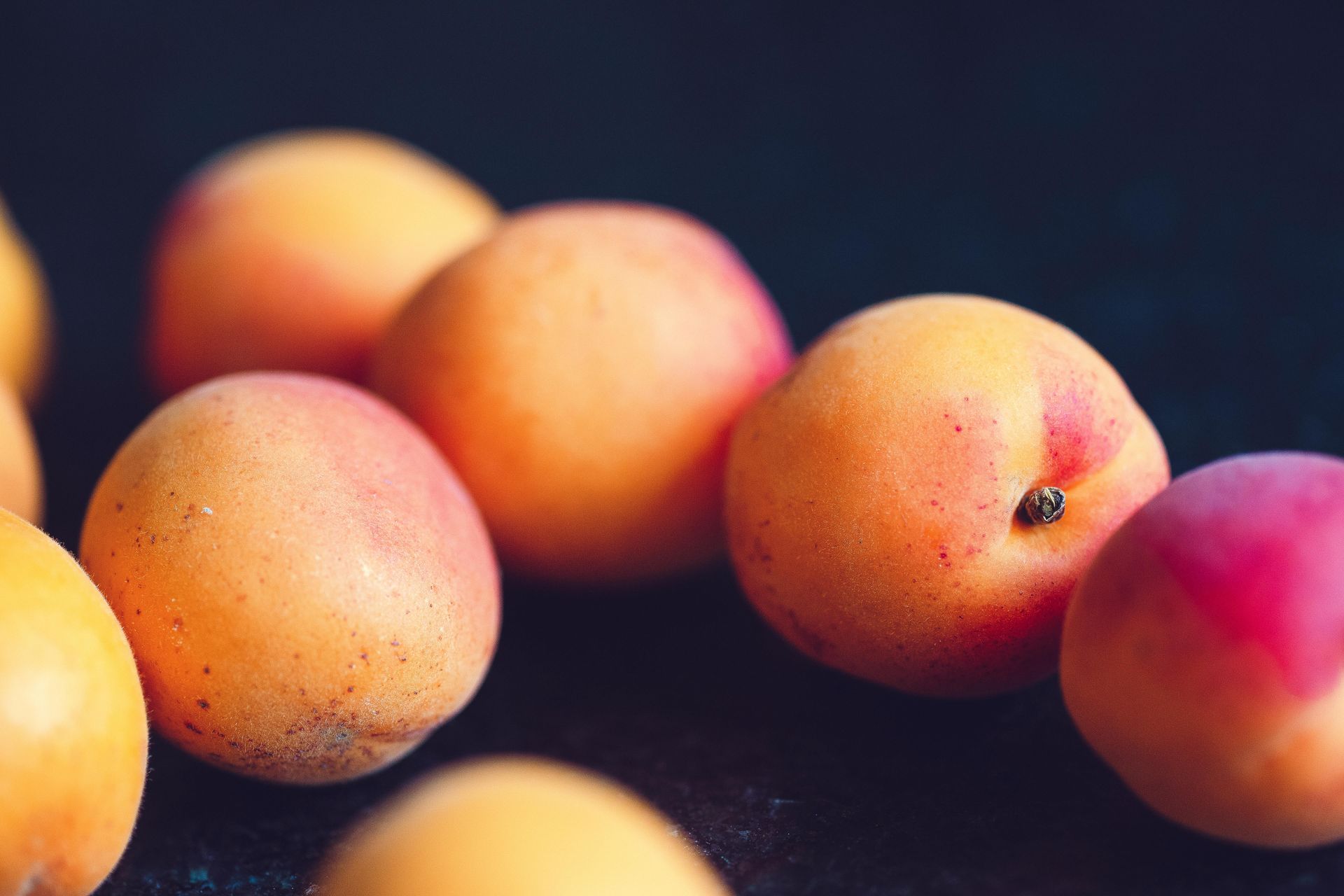The science behind Covid-19
3 vital truths you can rely on
It can be a challenge to sort out the truth from the rumours, and separate the real situation from the media hype. We thought it'd be useful to explore the actual science behind the Covid-19 virus, and look into the latest facts discovered by scientists. Here are some truths for you, taken from New Scientist magazine, one of the world's best-respected sources of science.
How come fewer people in Europe are dying – is Covid getting less deadly?
On the face of it, the proportion of people in Europe dying of Covid-19 seems to be dropping. Some experts say the virus might be getting less deadly as time passes. So is it true?
We know that a larger proportion of younger people are becoming infected at the moment, more than we saw in April. Younger people are out and about, but fewer of them die of the virus than older people. At the same time older people are taking more care, so it's more likely that the changing demographic of those being infected is making the virus look less lethal. It could also be the case that hospitals are getting better at treating the disease. And there might be a seasonal component. None of this has been proved.
Scientists have discovered a slightly less powerful variant of the virus called D614G, and some say it reveals the virus is becoming less dangerous. In some countries D164G's rise has coincided with a drop in death rates, and there are suggestions that while this version is more infectious, it is also less deadly. Others have studied the mutation and believe the variant is just as dangerous as the original.
In short, the jury remains out. We don't know whether the virus is getting less dangerous, and there's no evidence it's safe to relax the precautions we're taking against it.
The latest on coronavirus vaccines
Worldwide, 8 different coronavirus vaccines have started large-scale trials and another 24 have kicked off their small-scale trials, the early work that's designed to assess safety.
Vaccines usually take at least a decade to be proven safe and effective. But there's an unprecedented effort being made at the moment to come up with something good, and fast. The vaccine the Russians have been working on has gone through some of the essential testing stages - tested on a few small-scale trials on just 38 people before it was approved - but not all of them. Their vaccine could turn out not to work at all, to have a limited effect, or could even prove dangerous. But they're claiming it'll be ready soon.
Trump's efforts are even more suspect. He is keen to release a fast-tracked vaccine in time for the US election in November, bypassing the usual procedures that usually take place before experimental vaccines are let loose on the public. This week, a vaccine trial begins on 'thousands of volunteers' in the USA. China is busy testing another vaccine on volunteers, too. Interestingly, the trials being run in Brazil and the USA might return results faster than other countries, simply because both countries have such incredibly high levels of cases.
The vaccine being worked on at Oxford University, in collaboration with AstraZeneca, is being pushed through quickly but thankfully they're sticking to the safety standards we'd expect. An impressive 30,000 volunteers so far have either received the Oxford vaccine or a placebo, and the trial being carried out is a proper double-blind trial. It's good news. As Danny Altmann from Imperial College London says, “There is no possible room for movement on the highest safety standards”.
Right now companies all over the world are exploring the potential of new vaccine ideas, including RNA vaccines which provoke a natural immune response in the human body. The USA's FDA says they'll be happy to release a new vaccine as long as it protects as few as 30% - 50% of those vaccinated.
There are also 13 clinical trials of new anti-inflammatory and anti-viral drugs going on right now, being tested by nine companies, with the aim of improving the treatment available for the disease. The Antibody Society says there are several phase three trials already underway, plus fifteen more antibody therapies ready to go to trial before 2021.
What's your risk of catching coronavirus on an aircraft?
It's clear that being indoors is riskier than outdoors, and being indoors in a confined space for a long time is the worst possible scenario. This doesn't bode well for air travel. But, oddly, the risk of catching Covid-19 in an aircraft is surprisingly low. It looks like a plane is actually safer than an unventilated, crowded pub where – thanks to the effects of alcohol - people are more likely to talk loudly, remove their masks, and forget to socially distance.
At the same time, scientists don't yet know how likely you are to catch the virus if you sit next to someone infected on a plane. There simply isn't enough evidence to use to analyse things, since we haven't been flying as we normally do for many months.
The effects vary. In one case a 5 hour flight between Singapore and China saw 11 of 325 people on board infected, all by one man who wasn't wearing a mask. On the other hand an aircraft flying 15 hours long-haul from China to Canada with an infectious couple on board didn't suffer any more infections – all the other passengers stayed well, maybe partly because they all kept their masks on throughout the flight.
Some scientists say airport temperature checks and other health checks around air travel are keeping the risk of flying relatively low. Top class on-board aircraft ventilation systems are also helping, with the air replaced completely every 3-5 minutes. For flights from UK, the latest figure is a 1 in 40,000 risk of infection on board a plane, a rough estimate. But overall, the data for flight safety is still in the balance, so you still take a risk if you fly.
Come back for more truths and more science
You're worth it! In a world where false news is a big issue, we insist on the truth. Come back again for more science. We'll keep you up to date. If you need Covid-19 disinfection to rely on, walk this way. Our UVC lights are tested, proven to work, and surprisingly good value for money compared to our competitors.










